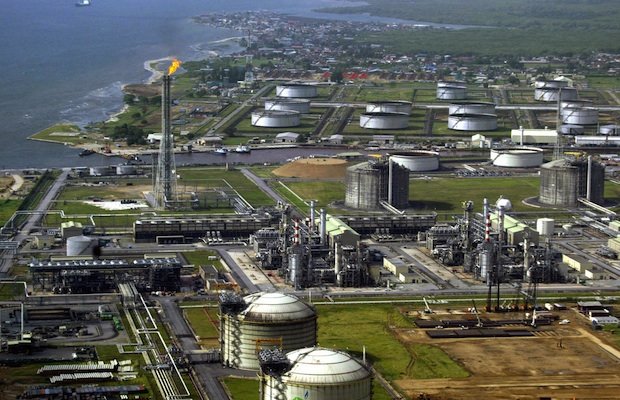The energy helping Big Oil lead the international charge

With independent oil companies dominating in the US, Big Oil (the biggest five or six global oil companies) is now "leading the international charge", becoming "more and more relevant to mainstream investors", says investment bank JP Morgan.
And it's unconventional energy that's helping Big Oil lock down the most material opportunities, set to take up more of its capital budget and represent greater production.
Unconventional energy is petroleum that's produced using techniques other than the conventional oil well methods. Except for gas hydrates, all six kinds are located onshore.
The resource opportunity could be as much as 275 trillion barrel of oil equivalent – that's half the world's remaining hydrocarbon resources.
Most of this is located in areas of low political risk, like Australia and Canada.
Last year, 20 per cent of Shell's capital spend was allocated to unconventionals, and by 2016 almost one quarter of BG Group’s production will be sourced from unconventional gas.
On top of the resource it provides, unconventional energy means heightened cross-border co-operation and M&A action.
New material resource opportunities mean M&A action, "especially if Big Oil (the natural predator) is playing a game of catch-up and/or is looking to create new higher value export oriented value chains" – like LNG in Australia.
An industry shift to land rather than offshore will also see community and environmental issues pop up in headlines far more frequently.
This, says JP Morgan, means that a usually-reticent industry will need to raise its game to ensure not being caught out by politics.
In Russia, fiscal breaks are being given to incentivise unconventional investment. On the other hand, most European countries seem hell-bent on blocking progress.